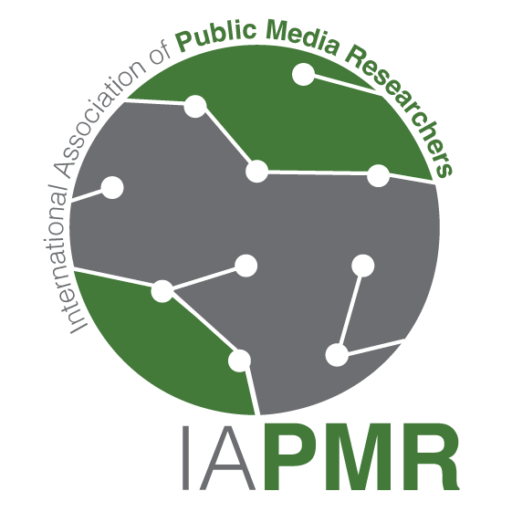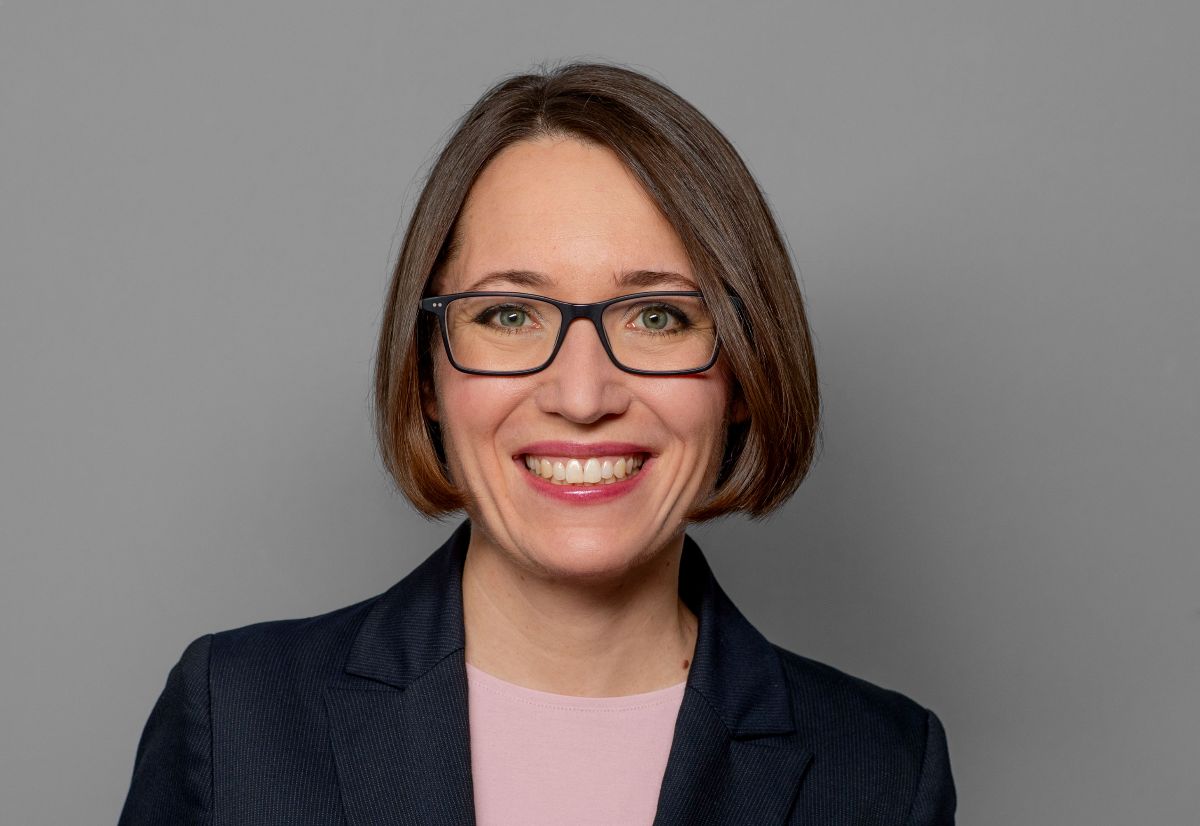Annika Sehl is a Chair and Professor of Journalism with a Focus on Media Structures and Society at the Catholic University of Eichstätt-Ingolstadt, Germany. She is also a Research Associate of the Reuters Institute for the Study of Journalism at the University of Oxford. Annika is Chair of the Journalism Studies Division of the International Communication Association (ICA). From March 2023 to January 2024, she was a member of the Council for the Future Development of Public Service Broadcasting (Future Council) in Germany, set up by the Broadcasting Commission of the Länder, the German federal states. Her research focuses on how digital change has affected news organisations, especially PSM, news production, and news use.
First of all, can you tell us about your current projects?
Public service media (PSM) is a research topic I have been intensively engaged with since my time at the Reuters Institute for the Study of Journalism, where we conducted an international comparative multi-year interview-based research in 2015-2018. I have looked at a wide range of aspects, from convergence, innovation development, social media strategies, populist attacks on PSM, audience performance evaluation, to the crowding out argument and citizens’ willingness to pay. One of our current projects is looking at how PSM journalists in Germany perceive polarizing debates and how they see their role in them. Of course, I am not only researching PSM, but that is certainly the area of most interest here.
Looking back, do you think there is any particular discussion or debate around Public Service Media that remains unsolved, despite being the object of extensive academic research?
First of all, there is partly surprisingly little research on long-standing debates such as the argument that PSM would drive private sector providers out of the market or prevent them from entering the market altogether, the so-called crowding out argument. This is especially true for research that is independent. Apart from that, I am particularly concerned at the moment with the question of how to measure the performance of PSM so that it can be evaluated against its remit and made transparent to the public. Of course, there is already a lot of research in this area. For example, ARD and ZDF in Germany are currently working with colleagues to develop such tools to help them understand how they are performing.
Which topics affecting Public Service Media do you feel will require the most involvement of both researchers and practitioners in the short future?
The topic of digital transformation has already been extensively researched, but it is an ongoing topic with new aspects emerging all the time, currently in particular the potential and risks of artificial intelligence (AI) with a special emphasis on the remit of PSM. In a broader sense, it is also about how PSM position themselves in the digital world, how they can reach all segments of the population (especially young people), and where their remit can be refined in the light of digitalization, e.g., in terms of organizing social dialogue, fact-checking and curating discourses, or enhancing digital information and media literacy.
However, the political and financial pressure on PSM in many European countries, including those with traditionally strong PSM, is also an issue that will certainly continue to occupy researchers and practitioners in the coming years. Last year, I had the opportunity to reflect intensively on a number of these topics in an independent and heterogeneously composed council of experts appointed by the Broadcasting Commission of the Länder in Germany (Zukunftsrat) to develop reform proposals for PSM.
What would your advice be for a young scholar who is starting to work around Public Service Media?
Be rigorous in your methods, but in addition to the academic gap, think about the relevance of your research for practice, be it organizations, journalists, or media policy. In addition to academic conferences, it is also important to attend industry events or otherwise make contacts with the industry. Personally, I have always found international comparative projects to be very fruitful, because the peculiarities of a national PSM organization often only become visible or explainable in comparison – and cooperation with international colleagues can also be fun.

